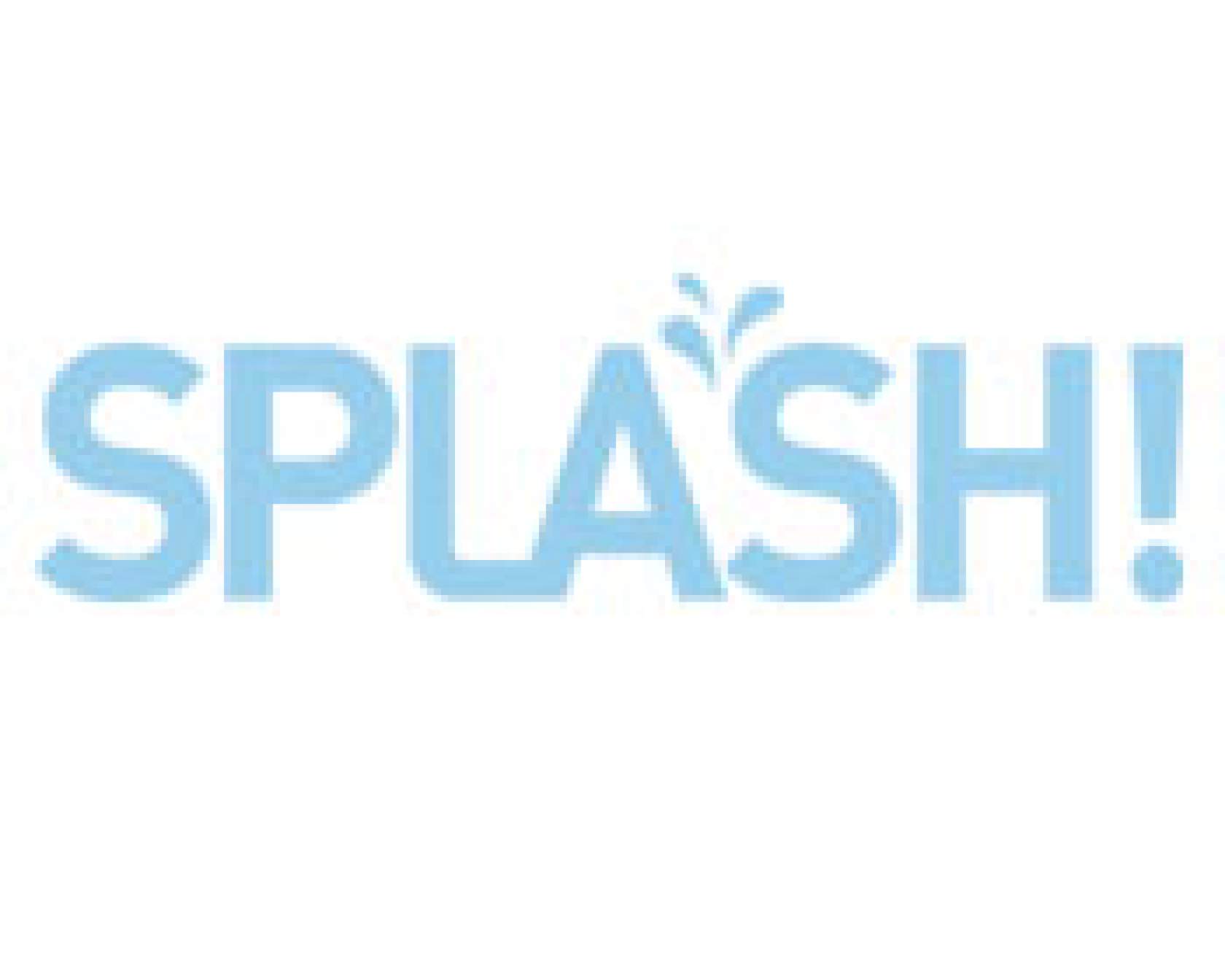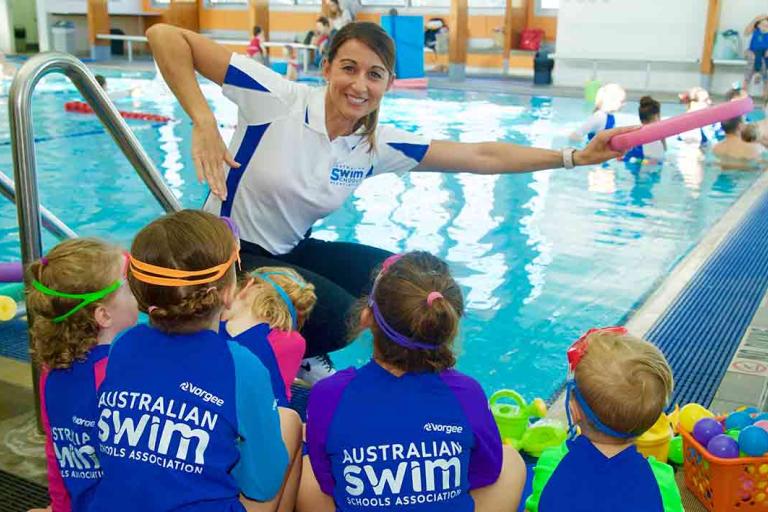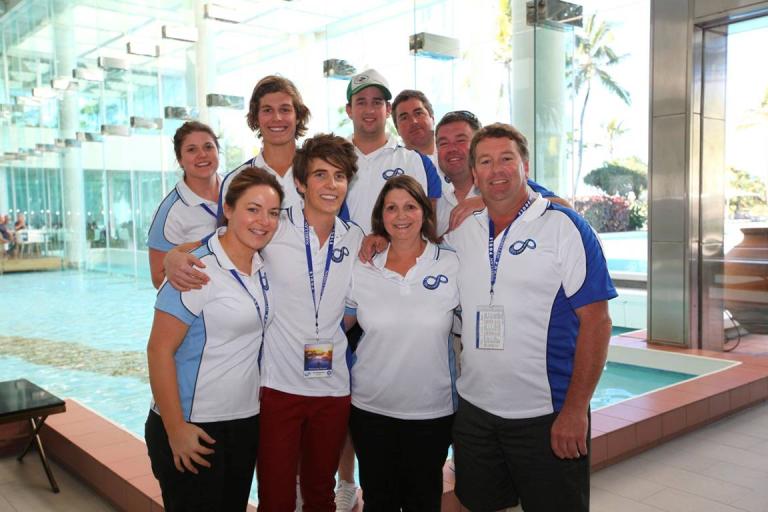NSW excluded from renewed SPASA Australia

A reinvented Swimming Pool & Spa Association of Australia (SPASA Australia Ltd) has committed itself to a proactive plan – one that won’t be including the New South Wales body.
According to SPASA Australia spokesperson Adrian Hart, the Swimming Pool and Spa Alliance, formerly known as SPASA NSW, has ceased to be a member of SPASA Australia by virtue of its actions.
However, Alliance CEO Spiros Dassakis says that his organisation has not been provided with any notice by SPASA Australia regarding its actions and has not at any stage resigned its membership.
“We remain concerned that the Board of the Swimming Pool and Spa Association of Australia have purported to hold a meeting that was not properly called and we reject any action taken by it as being entirely invalid. In this regard, we are exploring our options,” he says.
Voting in SPASA Australia has been and is currently unanimous – at least until the mooted constitutional changes are enacted. That means all five members – the five States of New South Wales, Queensland, South Australia, Victoria and Western Australia – must agree for any motion to be passed. Assuming that NSW would not vote to exclude itself, questions remain about how NSW could be expelled.
However, Hart says that by its actions, NSW (now called the Alliance) has been excluded.
“They have ceased to be members and hence their nominated director has ceased to be a director of the company,” he says. “They changed their trading name and their trading style and they’re no longer operating as a state-based swimming pool and spa association.”
The SPASA Australia constitution states that if a Member ceases to operate as a not-for-profit State or Territory Association of SPASA, it will cease to be a Member.
Hart says that no meeting was held to discuss expelling them – but all the other directors understood that they had ceased to be a member according to the rules. He says the directors of SPASA Australia recognised that and wrote to the nominated NSW director, Peter Moore, to inform him of their position.
The requirement for unanimous agreement was one of the changes that NSW was pushing for, and SPASA Australia is now looking at changing to majority voting. The other major change was to pursue a more proactive agenda, and that change is also due to be implemented.
External Chair
The SPASA Australia board has also appointed an external chair and company secretary, Damien Smith of Enterprise Care, a Melbourne-based provider of governance services. Amongst other activity, Smith will be revising the constitution and policy code. Majority vote of the four member states will be enshrined in the revised constitution.
Hart says that NSW industry members will be given the opportunity to participate in the new organisation, but hasn’t invited the NSW association to be involved.
“Since all of this started in December, people have sought to involve NSW and encourage them to come back to the SPASA table and had been prepared to make concessions in line with NSW concerns – and they have so far basically made it clear that they will continue to pursue their current strategy,” he says.
“They did make offers to the states to join the Alliance, but it was a token gesture with no directorships. They are encouraged to participate in SPASA Australia and if they were to reconsider their current national approach and be part of the true national organisation, they would be welcomed back.”
However, Dassakis says the Alliance has always been willing to meet with the other SPASA organisations.
“In fact, SPASA NSW President, Peter Moore and the then SPASA Australia Company Secretary, Cal Stanley repeatedly attempted to organise a number of meetings but the individual SPASA states preferred legal action to dialogue,” he says. “Consequently, Cal Stanley resigned immediately in protest.”
Dassakis says that it seems the four SPASA organisations have had a “light bulb” moment.
“They have now agreed to do the very things SPASA NSW has been fighting for all along,” he says. “Disappointingly for their members, they have already spent many tens of thousands of dollars to come to this realisation. Whilst their actions are an acknowledgment of SPASA NSW’s vision – they still have much work to do.”
Hart says that all long term national members have re-joined SPASA Australia, while acknowledging that some of those members may have also become members of the Alliance.
“SPASA NSW has created a wedge within the industry nationally,” says Hart. “Before, the national members only had to pay one fee to be covered in all States, but now NSW has said they have to pay a separate subscription to be represented in NSW. Collectively we should be concerned that we are working collaboratively with our national suppliers and state associations as well as the federal body.”
Court case
SPASA Australia currently has the sole right to the use of the name SPASA Australia due to the undertakings made by the Swimming Pool and Spa Alliance to the Federal Court.
However, these undertakings were only interim in nature and SPLASH! understands the directors of SPASA Australia are willing to negotiate with the Alliance to cease legal action in exchange for making the undertakings permanent.
Dassakis says that the four SPASA states initiated the legal action and dismissing the proceedings is a matter for them.
“However I would like to pose some questions to every SPASA member in Australia,” Dassakis says.
“How much of your member fees has your local SPASA organisation already spent on funding this legal challenge? How much more has been committed? Have you been advised on how much more of your membership fees they intend to spend – win or lose? As a member, what are you getting for the money that has been spent on this legal case? Should your membership fees have been put to better use, such as reduced member fees, industry representation, education and lobbying?”
Meanwhile, Hart says that the four State bodies have identified economies of scale that can be used to reduce costs, including establishing a single website which may evolve into a portal for consumers to search for members in any state; social media activity; consumer information; member communications and advocacy.
He also says that SPASA Australia has reconfirmed its representational appointments with Standards Australia, the ACCC, the Australian Building Codes Board, CPSISC, and several Federal Government bodies in the energy and training arenas.




